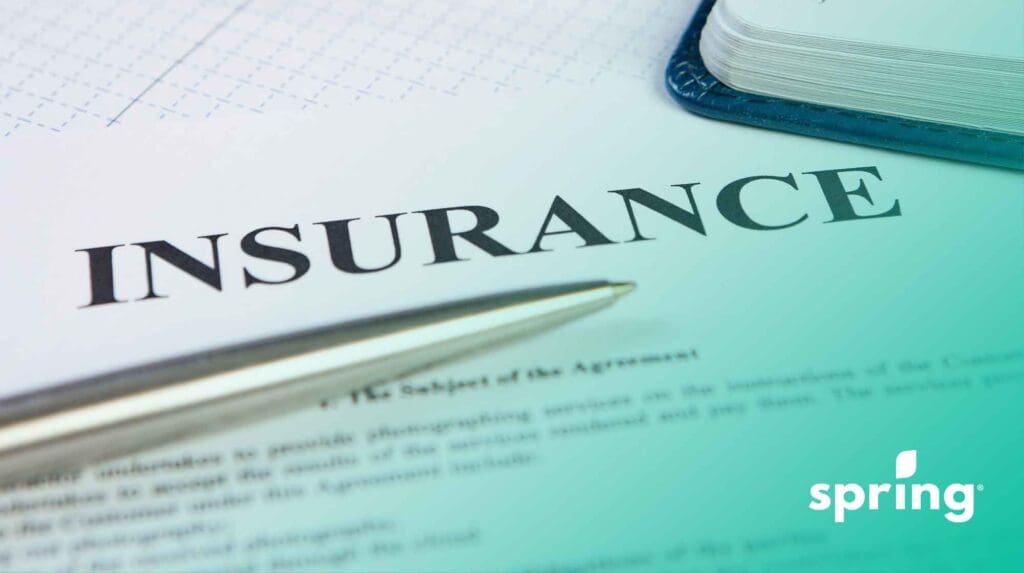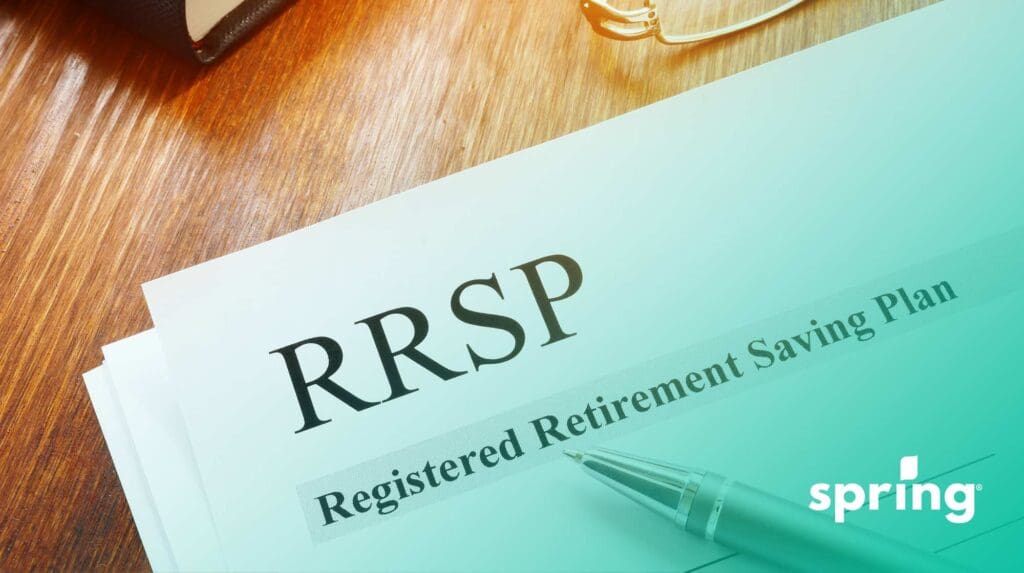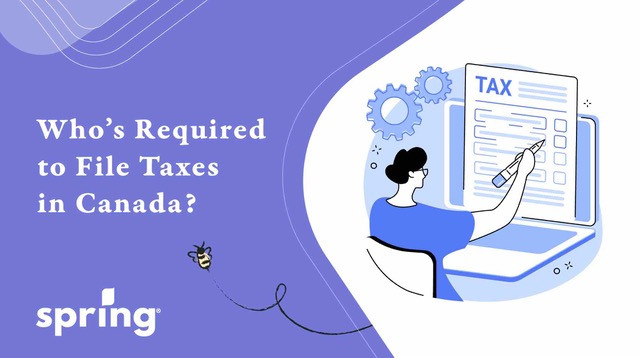Canadians pay into this every paycheck and are eligible if they have worked at least 420 insurable hours. It ultimately depends on where you live in Canada though. Some areas, such as Quebec and Ontario, require that you’ve worked at least 700 insurable hours.
These hours must have been worked in the 52 weeks prior to the start of your claim or since the end date of your last claim that occurred within the last 52 weeks. It is meant to support you while you look for employment or deal with other life events until you’re able to return to work. But what happens when you go back to work but are not able to work your normal hours?
While you’re able to work while on employment insurance (EI) benefits, there are some rules that restrict how much you can earn on EI while working. These rules also dictate how long you’re actually allowed to claim EI benefits per year as well as if you’re required to pay any of that money back.
How Much Can You Earn While on EI?
When you apply for EI benefits, the amount you receive is based on your yearly income. When calculating how much you will receive, you take your average insurable weekly earnings and divide them by 55%. There of course is a cap to this. That means you can only earn a yearly insurable income of up to $65,700 for this to apply.
Therefore, even if you make more than this amount you can only receive up to a maximum of $695 per week while on EI benefits. The taxes on your EI benefits are deducted before the money is deposited into your account so you don’t have to worry about having to pay tax on your earnings at a later date.
There are some exceptions to this rule though. If your net family income is less than $25,921 you could qualify to receive more money. This only applies if you have children and if either you or your spouse get the Child Canada Benefit. In a case like this, you can be eligible to be considered low income and instead qualify to receive up to 80% of your average weekly earnings instead of just 55%.
How to Report EI earnings
While on EI, you’re required to report your earnings every 2 weeks in order to receive your full benefits. you’re able to do this through the online reporting feature or via telephone reporting. Once you apply you will be sent a 4-digit access code in the mail. This code is needed to make your reports.
The system requires you to let them know if you worked and if so, what your earnings were and how many hours you worked. They also require knowing if you attended school, your employer’s information if applicable if you were available to work and any other income you may have received.
If you’re on EI sickness benefits, it is important to note that the system requires your work hours to be filled out a certain way in order to avoid you having to call in. This only applies if you’re working reduced hours.
The system asks you to fill out how many hours you worked, your total earnings as well as the days you worked. Fill out the hours and amount earned for each week but mark all the days as unavailable due to injury/illness. If this isn’t done, it confuses the system and may delay your benefits payments.
How Long After Reports are Filed Will You Receive Money?
After you have filled out your report, you should expect to see your benefits directly deposited into your account within 2-3 business days.
Accuracy on Your EI Application
It’s important that you pay close attention when applying for EI. Everything on your application must be correct or you could be subjected to a fine for fraud. The consequences could be worse depending on the level of the offense as well. There are many different ways that they could figure out that you’re lying/ If you’ve made an honest mistake, make sure to contact them directly and have the mistake corrected.
Can You Apply for EI With Reduced Hours?
While you’re able to do a gradual return to work while claiming EI benefits, you won’t qualify for EI if you apply with reduced hours. There may be some leeway to this if it is related to sickness or other special situations but, in most cases, you will have had to have stopped work completely in order to qualify for EI. Depending on the circumstances, it is best to check with Service Canada before applying.
The same goes if you currently are only working part-time. You won’t be eligible for EI unless you can’t work for some reason. As you return to work you can still claim EI, but just strictly as a part-time employee you’re unable to get EI.
Under What Circumstances Can You Apply for EI?
you’re eligible to apply for EI if you lose your job through no fault of your own. This is usually layoffs or seasonal work. you’re also eligible if you’re too sick to work or have to go on maternity/parental leave. Different life events such as caring for an immediate family member are also covered.
Once you have stopped work a record of employment (ROE) must be submitted by your employer within 7 days. A medical certificate is also required for sick leave. This can be a stamped doctor’s note or the official medical form from EI filled out by your doctor.
How Long Do EI Benefits Last?
Depending on your situation and the type of EI you’re claiming you can receive anywhere from 14 to 45 weeks. It ultimately depends on how many insurable hours you have worked in the last year and the current unemployment rate in the area where you live.
How Do You Notify EI When You Return to Work?
In order to stop your EI claim when you have returned to work, all you have to do is select that option when filling out your b-weekly reports. If the work isn’t permanent, you can always reopen your claim at any time that you need to.

What Happens if You Work While on EI?
If you do work while on EI you have to report any hours you work as well as the total amount you earned before taxes. These hours are filed cumulatively on a bi-weekly basis. you’re still entitled to earn benefits while you work as long as it falls within the allotted earnings threshold.
Is it Worth It?
Whether or not it makes sense for you to stay on EI while working depends on your situation. If you aren’t sure if you’re able to continue working, then it’s a good idea since it could be hard to reopen your claim. Keep in mind that it does use up your yearly EI hours though, so if you know you’re going to be able to continue working then it may be a good idea to end your claim.
How Many Hours Can You Work While on EI?
While on EI benefits you can keep 50 cents of your benefits for every dollar you make. You can claim this up to 90% of your previous weekly earnings which can also be seen as 4.5 days of work. However, you won’t receive benefits if you work a full week. If it is not every week you’re working full hours and need to keep your claim open, then this won’t reduce how many weeks you have payable on your claim.
Since full time work in Canada is considered to be 40 hours per week, you can claim this on your EI statements. As we mentioned, it will impact how much you receive but you don’t actually have to end your EI claim until you are back to work permanently full-time. It’s recommended that you do this and keep it open until you’re 100% sure you don’t need it anymore. You can continue this until you have used up all your EI hours.
How Much Money Can You Make on EI?
The amount you make doesn’t matter as much as your hours. However, money is only deducted from your EI benefits. You get to keep your full earnings from your job. Once you work full-time hours then you will stop receiving EI regardless of how much money that is that you bring in.
What Can My Income be Before EI is Clawed Back?
While in most cases you don’t have to pay back any of your EI earnings. It could be possible if you make what’s considered to be too much money when you file your tax return. If your yearly net income is greater than $82,125 you could be required to pay back up to 30%. However, this is only applicable if you receive regular benefits or regular fishing benefits.
If you received special benefits such as maternity leave this does not apply. It also doesn’t apply if you receive less than 1 week of regular or regular fishing benefits in the last 10 tax years. It may still apply though if you receive a combination of special and regular benefits.
What Circumstances Would Cause You to Not Receive Full EI Benefits?
Besides returning to work part-time, there are a few other circumstances that can reduce the amount of EI benefits you receive.
- If you have an EI debt and a payment arrangement isn’t made, like back pay from an extra CERB payment for example. This could impact how much EI you’re eligible to receive. In some cases, your EI benefits can be reduced to 50% of what you’re eligible for in order to cover these debts.
- Another instance that could reduce your EI benefits is if you owe money to the CRA (Canada Revenue Agency). Any taxes that are owed to a government, whether they are provincial or federal, can be deducted from any EI payments that you may receive.
- It is also possible for the Department of Justice to garnish your EI earnings for court-ordered child support or alimony. Again, this would likely only be a portion and not the full benefits.
- Lastly, any advances given by social assistance are eligible to be deducted if they are not paid back on time.
Refusing Work Due to COVID While Receiving EI Benefits
Because you’re able to refuse work if it is deemed unsafe, refusing work due to your health does not affect your benefits but you still only have so many weeks you’re entitled to. The best way to navigate a situation like this is to call and speak to someone at Service Canada directly. They will let you know if any paperwork is required and how many weeks of benefits you have left. You also may have to switch the type of benefits you’re receiving.
When COVID-19 first started you were able to claim CERB (Canada Emergency Response Benefit) if you were unable to work for any reason due to COVID-19. You were also able to get this without a medical certificate. Now it must go through regular or sickness EI.
Can You Get a Personal Loan While Working and on EI?
Even if you’re working while on EI benefits, sometimes it just isn’t enough. Most lenders do accept EI benefits as a source of income as long as they can establish that you will return to work at some point, so working and being on EI is actually a good scenario for getting a loan instead of just receiving EI.
Here at Spring Financial, we are one of those lenders that accept this as income. We offer flexible, open-term loans that range anywhere from $500 to $35,000. Apply online in less than 3 minutes or give us a call at 1-888-781-8439.








